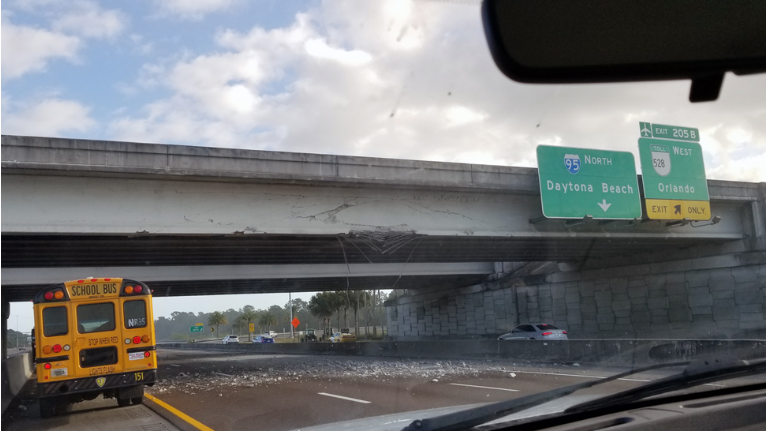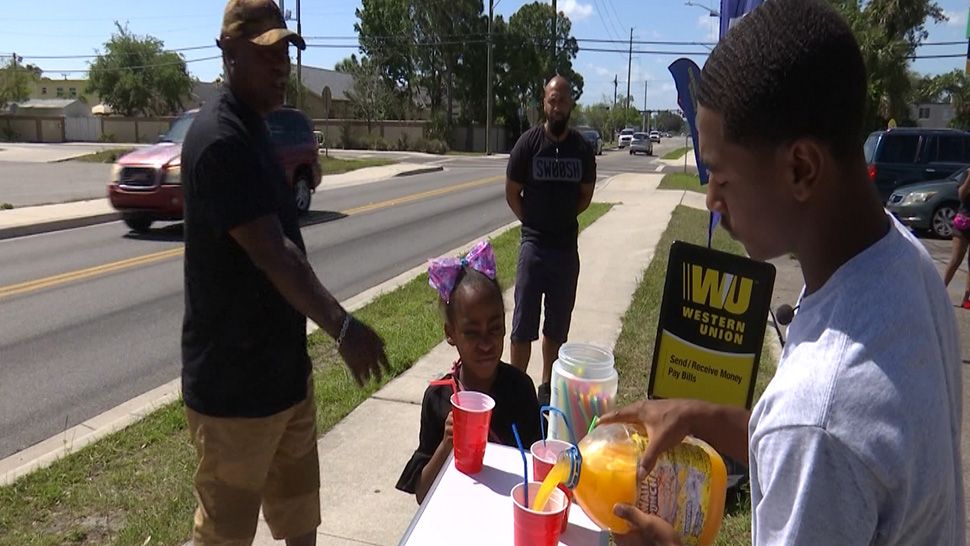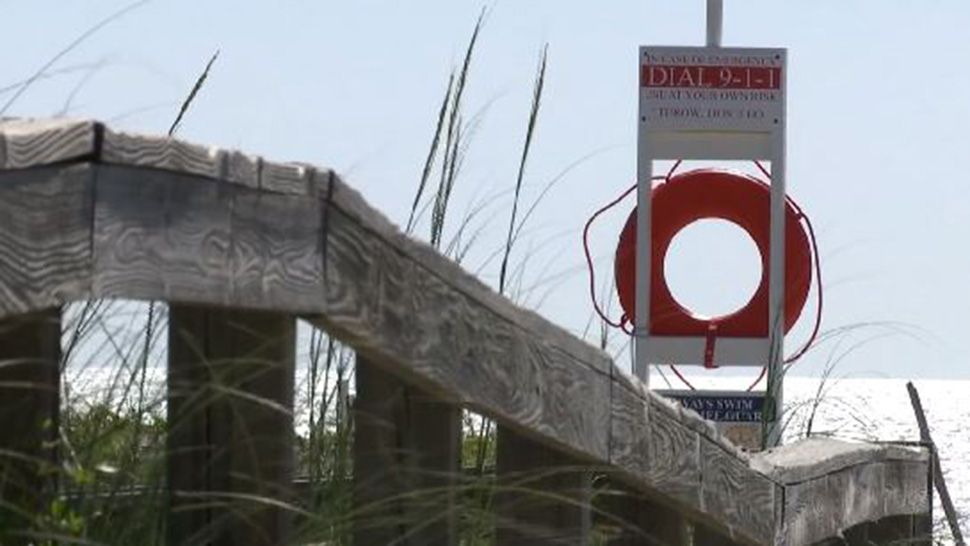MELBOURNE, Fla. — A 100-year-old man died after a three-vehicle crash Sunday morning in Brevard County when his vehicle swerved suddenly to avoid a family of sandhill cranes crossing Wickham Road near Murrell Road.
- 100-year-old man killed, 3 others hurt in Melbourne crash
- FHP: Vehicles had stopped for family of sandhill cranes in road
- Troopers: 3rd vehicle struck 2 vehicles that had stopped
Robert Schantz was a passenger in a westbound van driven by his granddaughter, Suzanne Clark, 39, of Melbourne, according to the Florida Highway Patrol.
Her Chrysler van was approaching two other westbound vehicles, a BMW driven by Brian Giantonio, 63, of Connecticut and Toyota Avalon driven by Deliece White, 63, of Melbourne, at 10:30 a.m.
Both the BMW and Toyota had stopped in the left lanes on Wickham Road for the sandhill cranes.
As the van approached the BMW, Clark swerved to the right to avoid the BMW. Clark then swerved back into the left lane after spotting the cranes.
The front of the van hit the rear of the BMW. That pushed the BMW into the Toyota. Then the front of the van hit the rear of the Toyota.
Schantz, of Osprey, Florida, near Sarasota, was taken to Holmes Regional Medical Center in Melbourne, where he died, the FHP said.
Clark and Giantonio suffered serious injuries and were taken to Viera Hospital, according to the FHP. White was taken to the same hospital with minor injuries.
The FHP says everyone involved was wearing seat belts.
Following the "rules of the road"
This is not the first accident involving these birds. Just last week in Malabar, two sandhill cranes were struck and killed by a car that never stopped. Thankfully a good Samaritan rescued the baby bird and alerted Wild Florida Rescue.
As FHP's Lt. Channing Taylor explains car crashes can be avoided if the driver is alert and is following the rules of the road.
“There s a human element into everything. It's not like the birds darted out in front of anybody -- they're pretty slow moving. When people are stopped you just can't whip around (them),” Taylor said.
Tracy Frampton, animal expert and executive director at Florida Wildlife Hospital and Sanctuary, explained sandhill cranes are native to the state and are not planning on going anywhere. The non-migratory birds are out and about this time of year.
“Even with the development moving in, they feel this is where their generation was raised, so they are not willing to leave,” Frampton said.
According to Florida Fish and Wildlife Conservation Commission, the threatened species' offspring can start following their parents within 24 hours after hatching.
Frampton explained the birds are very protective of their young, so when you see them crossing the road slowly, in many cases one parent is leading the way, and the other behind the hatching to make sure they are protected.
“When they got their babies, they really can't go fast, so they have to go slow so they can keep up,” Frampton adds.
FHP is still investigating the crash, for which charges are pending.









